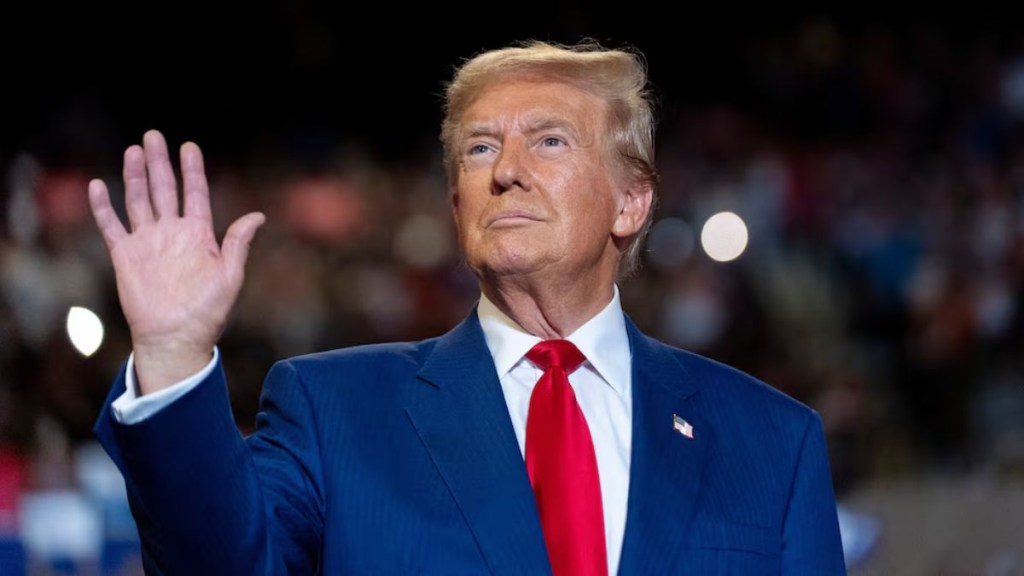US President Donald Trump vowed to cut drug prices by 59% as gobal pharma shares traded lower on Monday. The POTUS had previously said he would sign an executive order to pursue what is known as “most favored nation” pricing or international reference pricing. The announcement came hours after the POTUS posted a lengthy social media diatribe against ‘unfairly’ priced drugs and insisted that the price of prescription drugs and pharmaceutical would be reduced “almost immediately” by 30% to 80%.
“Drug prices to be cut by 59%, plus! Gasoline, energy, groceries, and all other costs, down. No inflation!!! (sic)” he wrote on Truth Social.
The US pays the highest prices for prescription drugs — often nearly three times more than other developed nations. Trump has repeatedly pledged to close the gap and made a similar attempt during his first term in office, but was blocked by the courts. He is yet to outline how this new executive order will be implemented. The POTUS said in an earlier social media post that prices would consequently “rise throughout the world in order to equalize” and ensure ‘fairness’ for America.
” I will be instituting a MOST FAVORED NATION’S POLICY whereby the United States will pay the same price as the Nation that pays the lowest price anywhere in the World. Our Country will finally be treated fairly, and our citizens Healthcare Costs will be reduced by numbers never even thought of before. Additionally, on top of everything else, the United States will save trillions of dollars,” he had added.
What is ‘most favoured nation pricing’?
The pricing policy seeks to lower the cost of prescription drugs in the US by linking Medicare payment for certain items to the lowest prices paid by other nations that have comparable economies. The United States has limited direct negotiating power when it comes to medicine costs, and has relied on private pharmacy benefit managers to negotiate prices in insurance plans. It was initially proposed during the first Trump presidency but faced legal challenges from the pharmaceutical industry before being rescinded by the Biden administration.
The Inflation Reduction Act introduced by Joe Biden had allowed the US government to begin negotiating the price of its costliest drugs However the prices it negotiated for the first 10 prescription drugs were on average more than double (and in some cases five times) what drugmakers had agreed to in four other high-income countries The top-selling blood thinner Eliquis from Bristol Myers Squibb, for example, carries a US list price of $606 for a month’s supply. Biden’s government negotiated that down to $295 for Medicare, which will be applied from 2026, but the drug costs $114 in Sweden and just $20 in Japan.
Global pharma stocks decline
The announcement also prompted a sharp decline in global pharmaceutical stocks — with shares of major US drugmakers such as AbbVie, Amgen , Pfizer, Eli Lilly and Merck falling between 2.2% and 3.7% in premarket trading. Pharma stocks across Europe, UK, Australia, India and Japan also declined. Biotech companies are likely to trade down amid fears of uncertainty around greater scrutiny and the pressure to lower drug pricing. Analysts also voiced concerns that the pricing change could also affect tariff talks with various countries.
It remains unclear what Trump meant by “almost immediately” and which specific government programs will be targeted. There is also a possibility that Trump could “use price caps on pharma imports rather than tariffs to reduce the cost for US patients” Kathleen Brooks, research director at trading platform XTB told Reuters that such a decision could have big ramifications for pharma companies and their profits in Europe and elsewhere.

